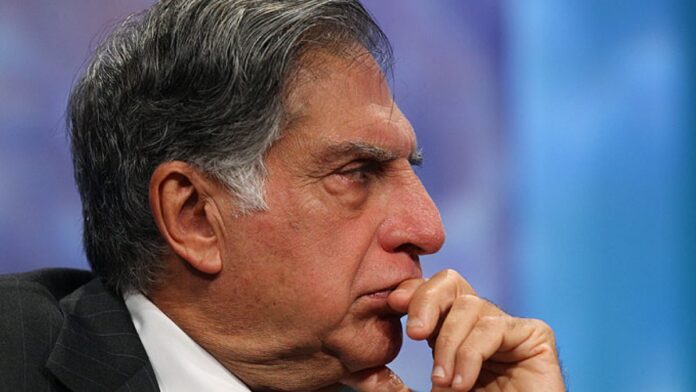Ratan Tata, the former chairman of Indian conglomerate Tata Sons, passed away at a Mumbai hospital on Wednesday night at the age of 86.
Confirming Tata’s death, Tata Sons chairman N Chandrasekaran described him as his “friend, mentor, and guide” in a statement. The cause of death was not provided.
Tata was admitted to Breach Candy Hospital in south Mumbai earlier this week. In a statement on Monday, Tata reassured the public about his health, stating that he was only undergoing checkups for age-related medical conditions.
Prime Minister Narendra Modi hailed Tata as a visionary leader and an extraordinary human being with a compassionate heart.
Modi praised Tata’s contributions both in the business world and through his philanthropic work, noting his humility and commitment to social improvement.
Industrialist Harsh Goenka referred to Tata as a “titan”, while Google CEO Sundar Pichai highlighted Tata’s legacy in business leadership and philanthropy.
Several other prominent figures in Indian business, including Mukesh Ambani and Anand Mahindra, expressed sorrow over Tata’s passing and vowed to carry on his legacy.
Tata was honored with the Padma Bhushan in 2000 and the Padma Vibhushan in 2008, two of India’s most prestigious civilian awards.
Tata Group’s sprawling empire
Tata Group encompasses nearly 100 companies, including major players in the automotive, steel, and IT industries. The group employs over 350,000 people globally and made headlines in 2008 with its acquisition of Jaguar and Land Rover.
Among Tata’s notable achievements was the launch of commercial aviation in India and the introduction of the Tata Nano, a budget-friendly vehicle aimed at middle- and lower-income consumers.
Tata, who joined the Tata group in 1961, succeeded JRD Tata as chairman in 1991 and oversaw the conglomerate during a period of significant economic reforms in India.
After retiring as chairman in 2012 and briefly serving in an interim capacity in 2016, Tata officially stepped down in 2017 when Natarajan Chandrasekaran assumed the role.






